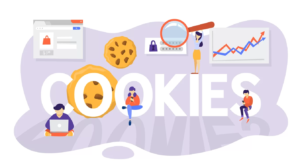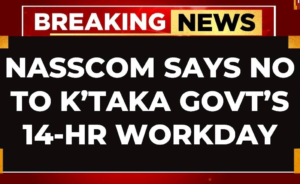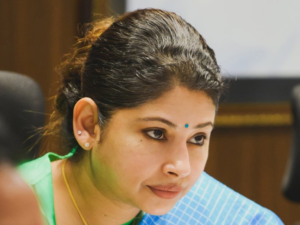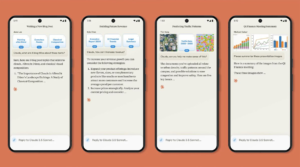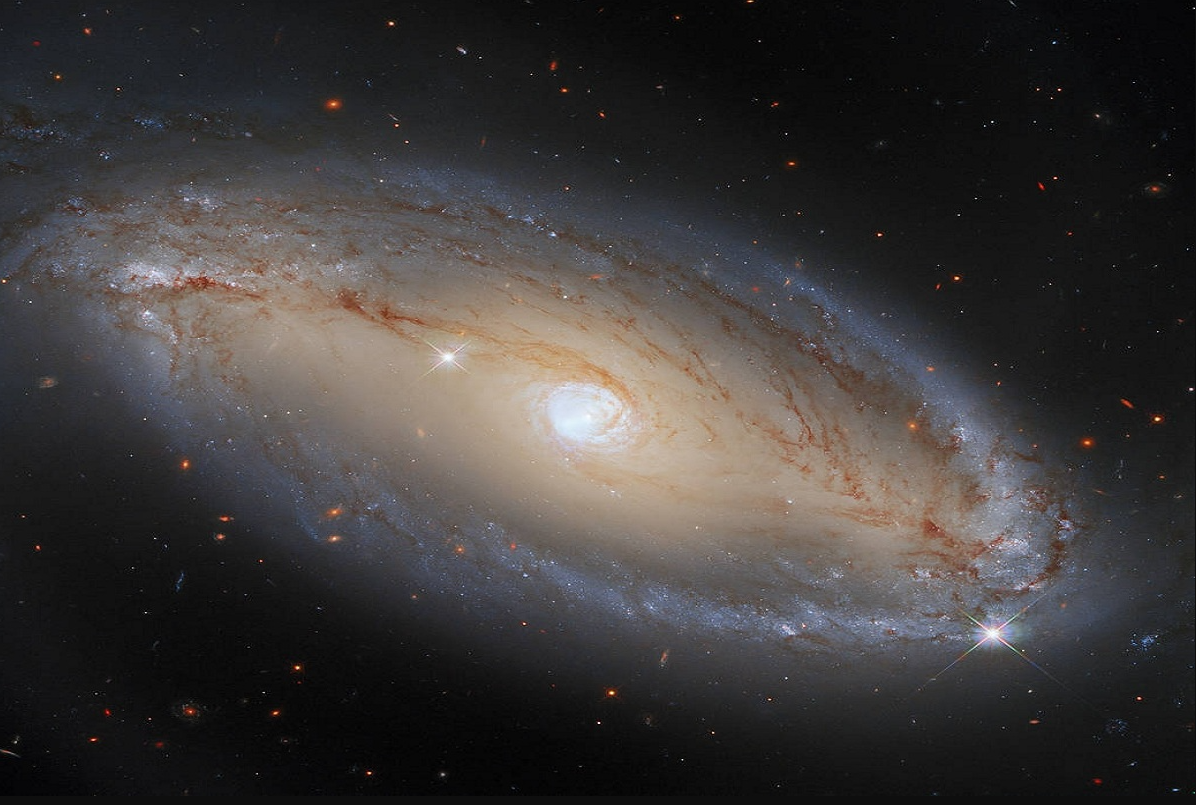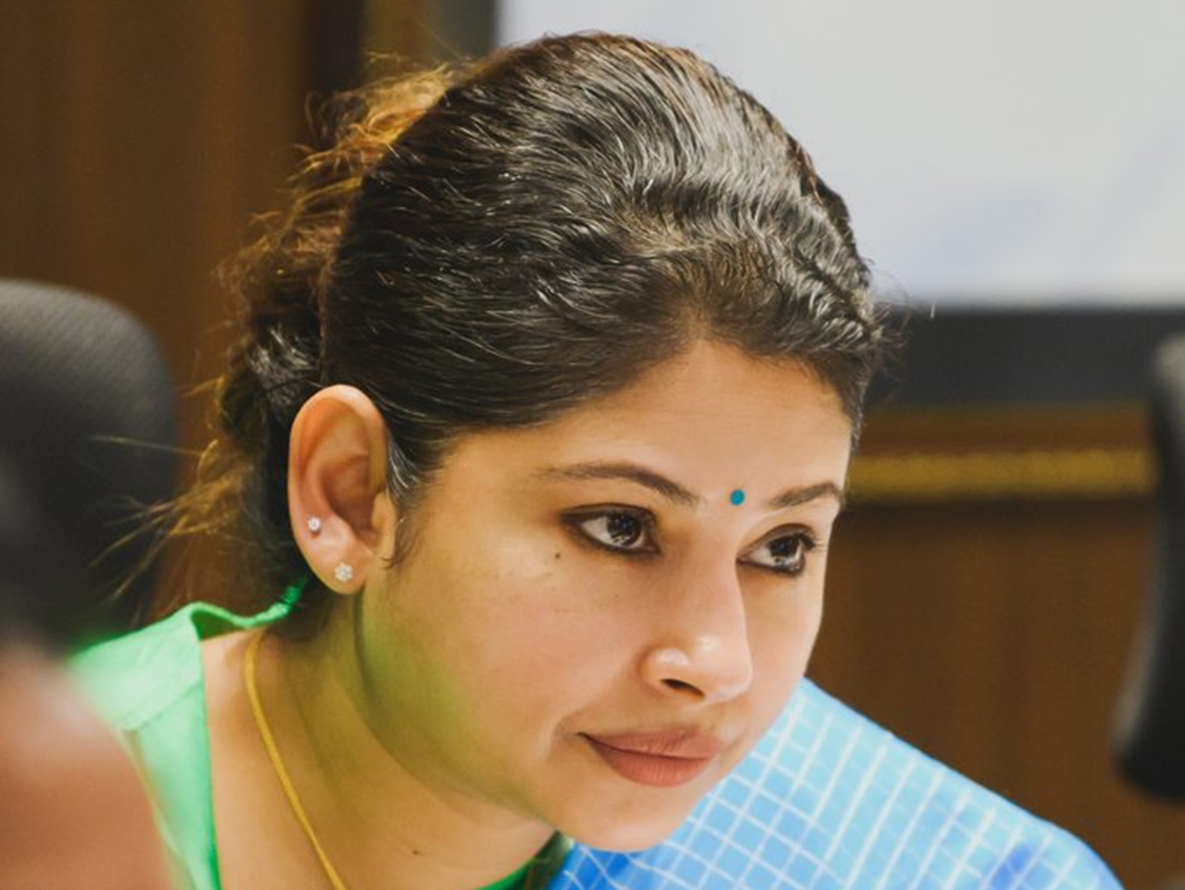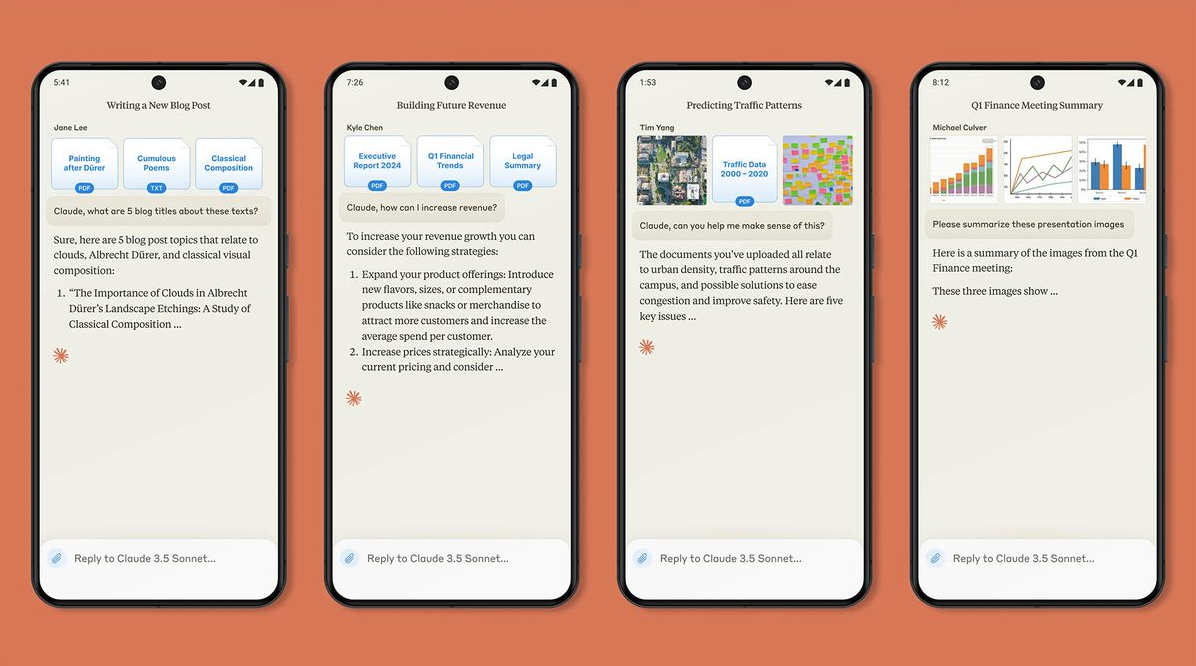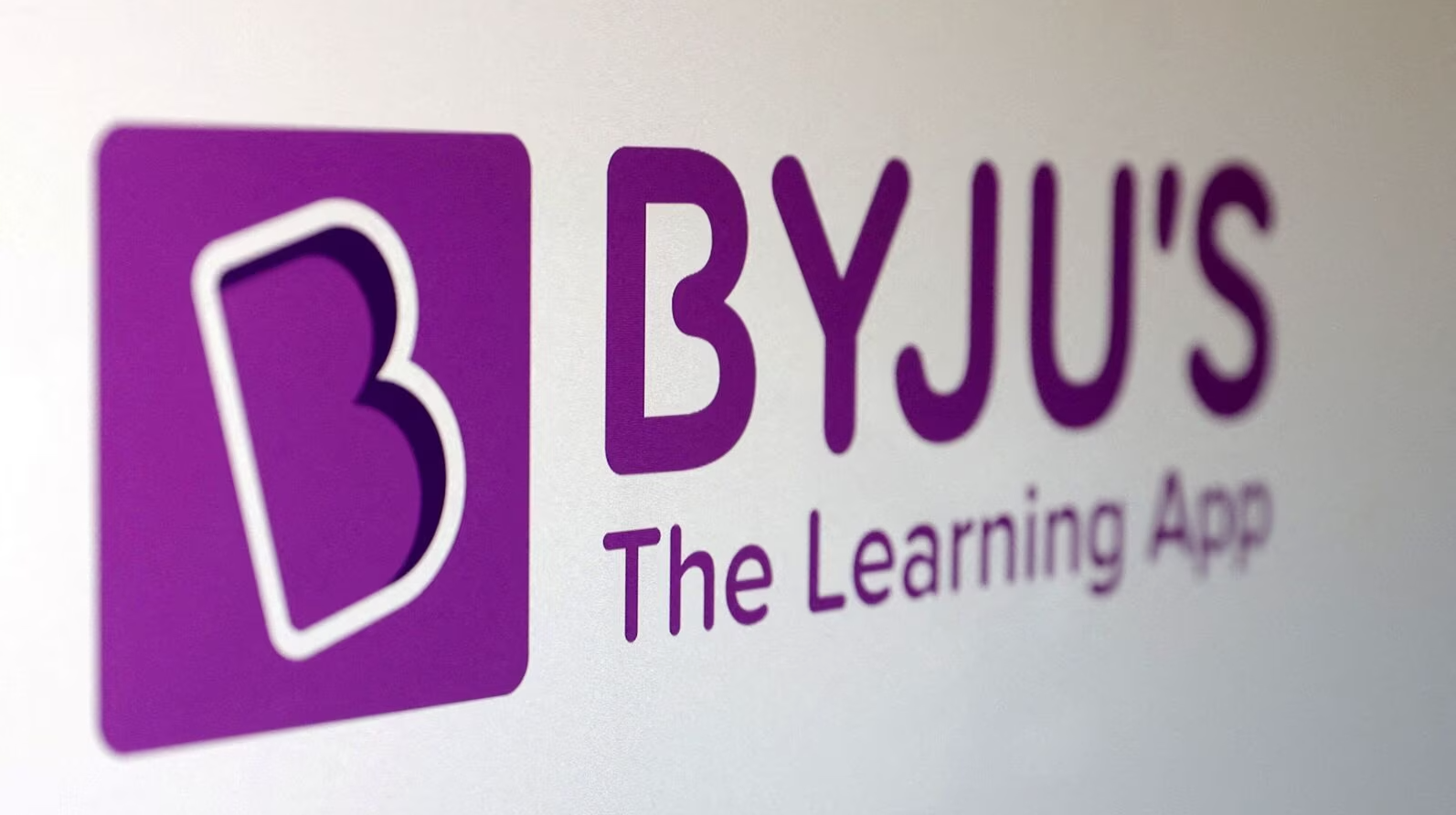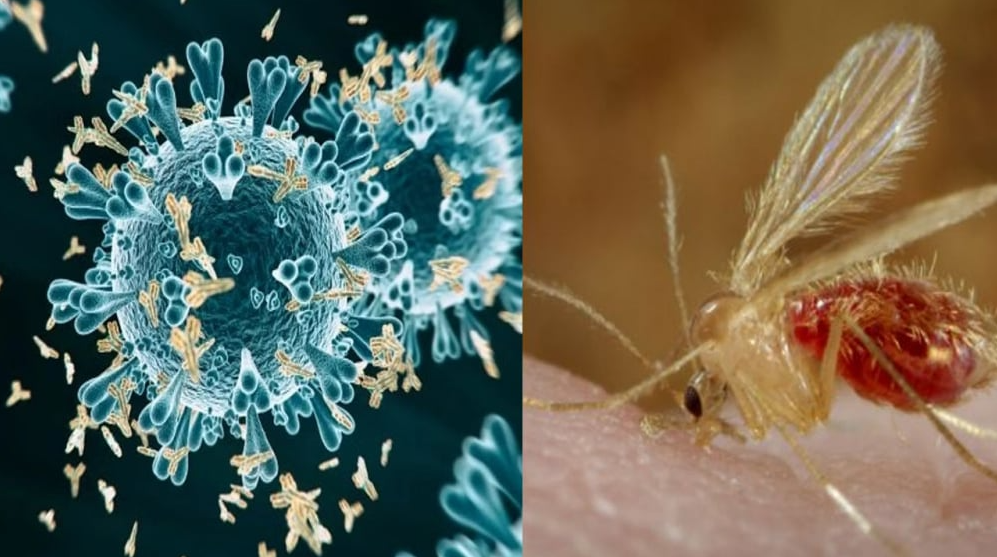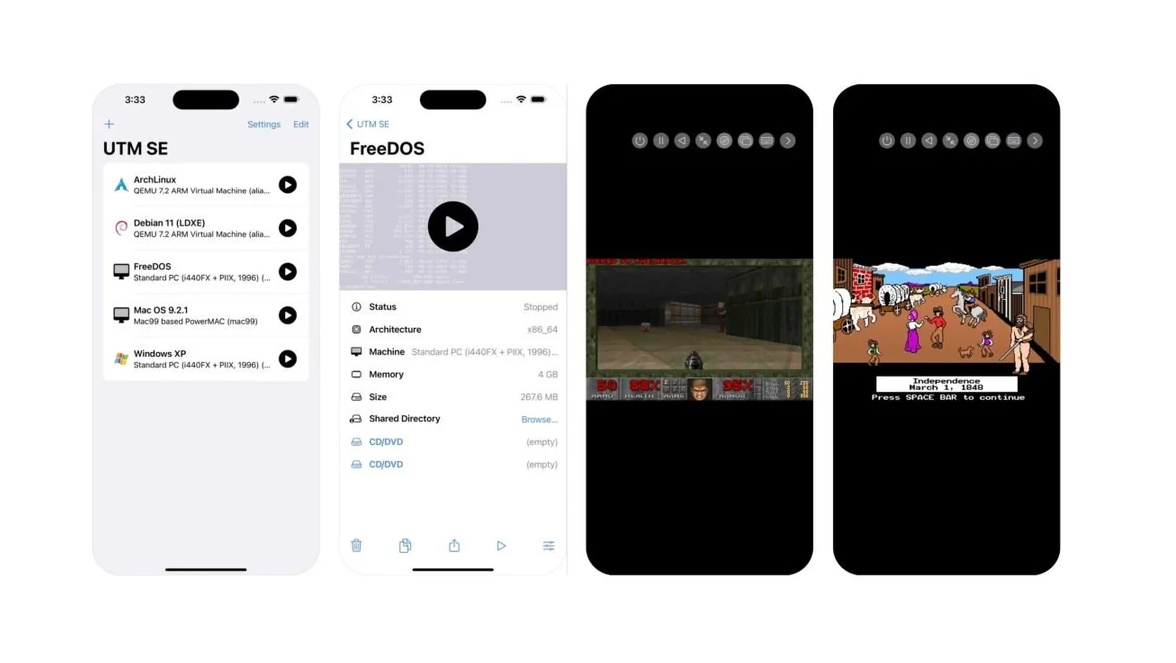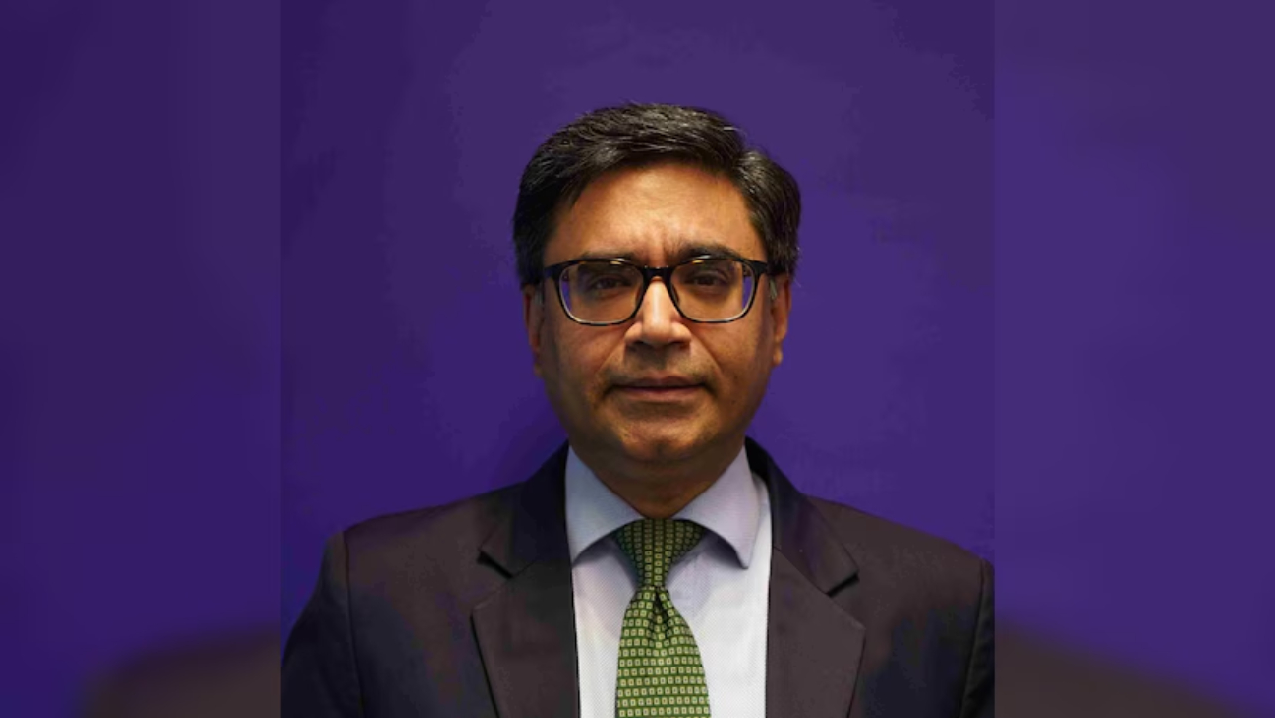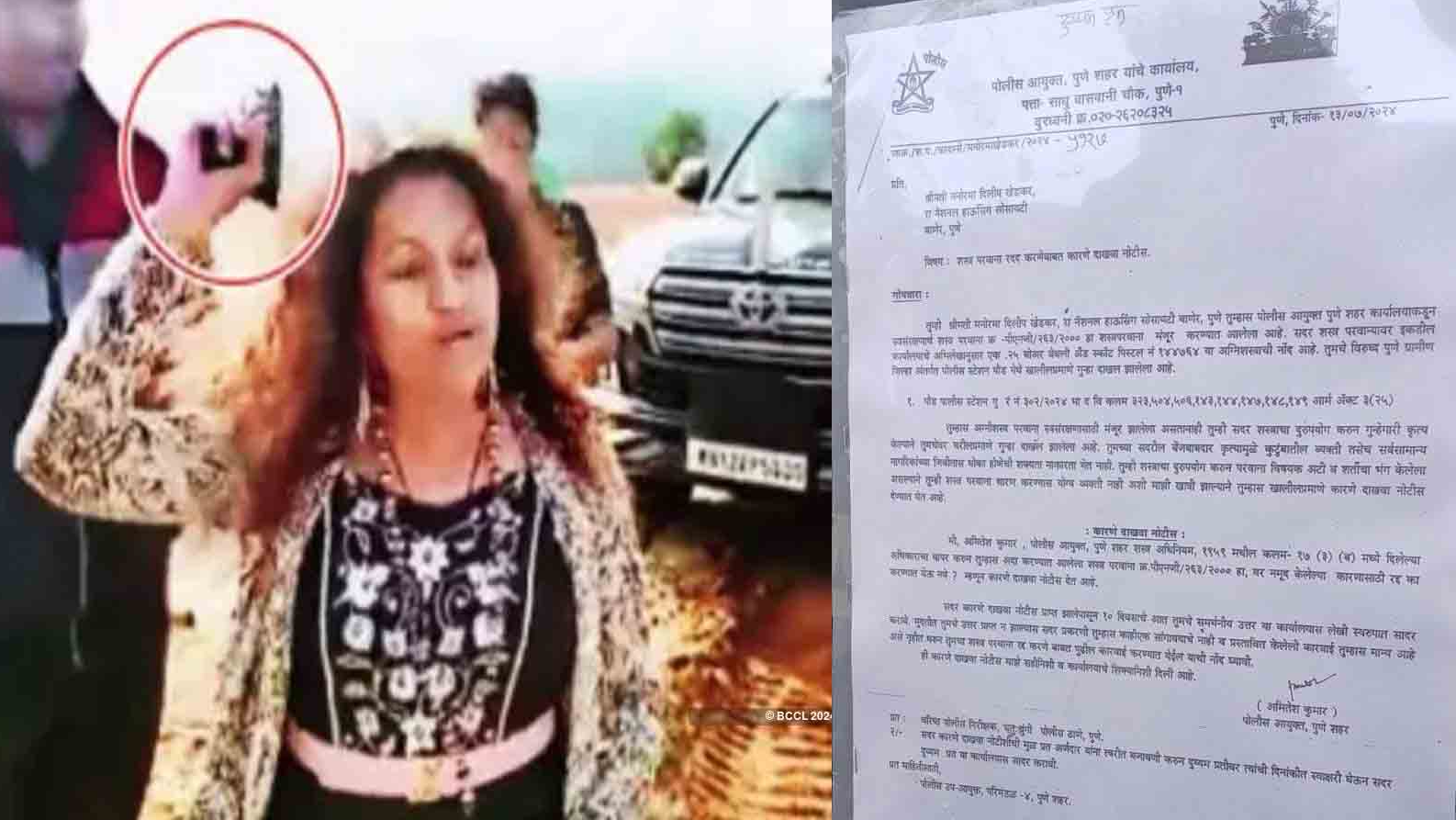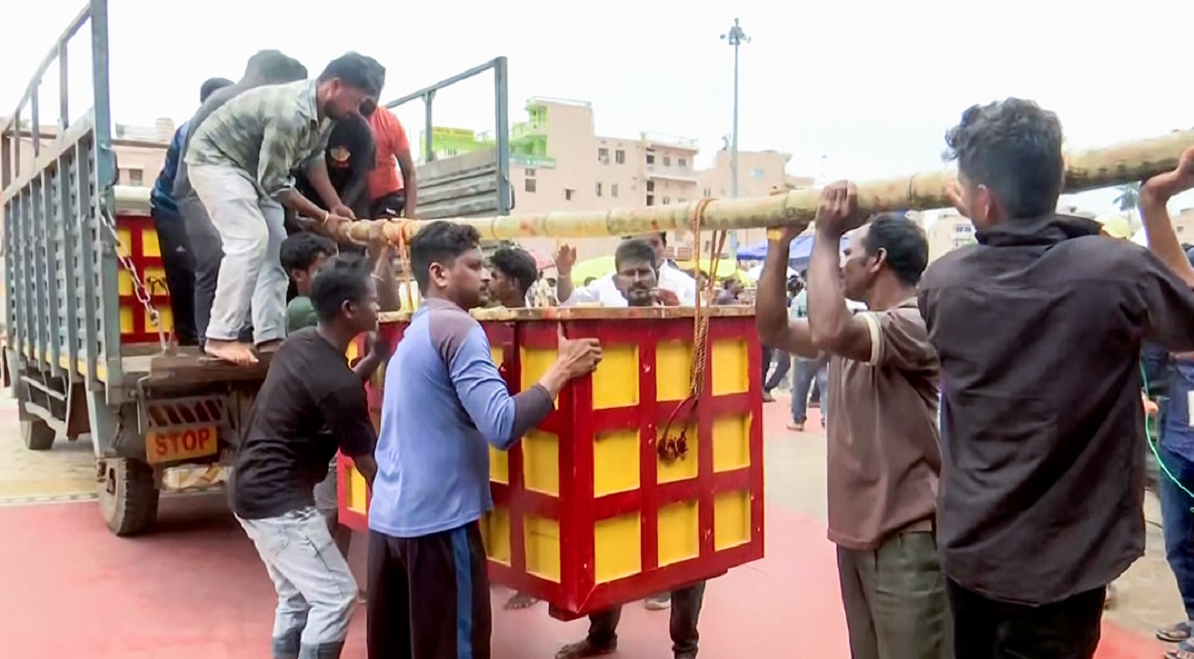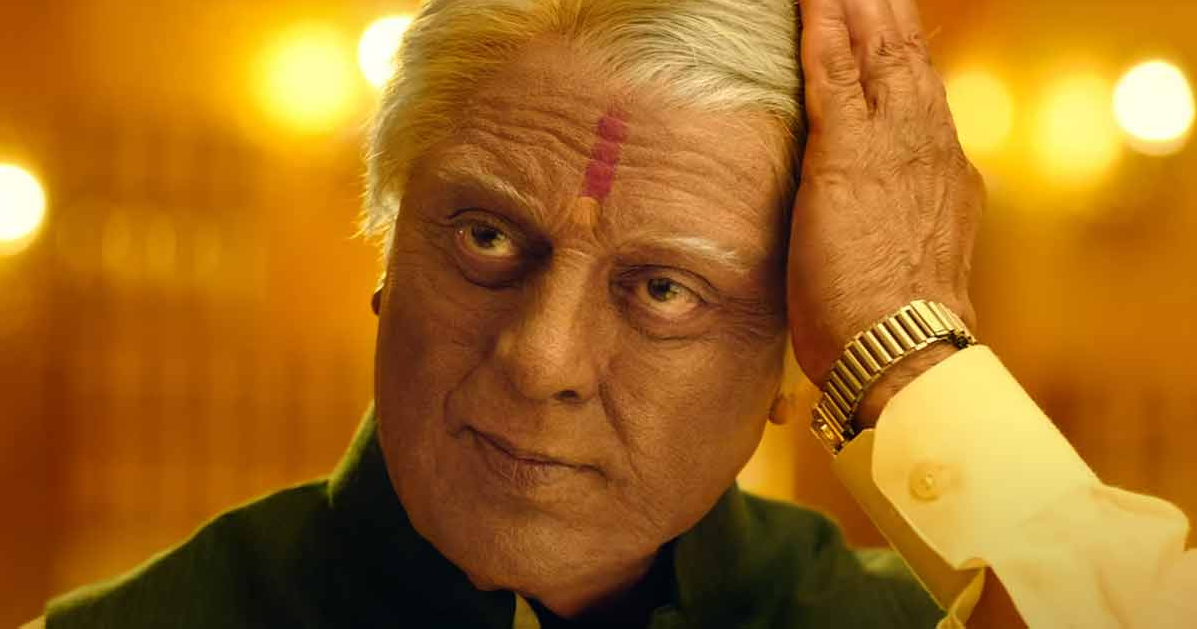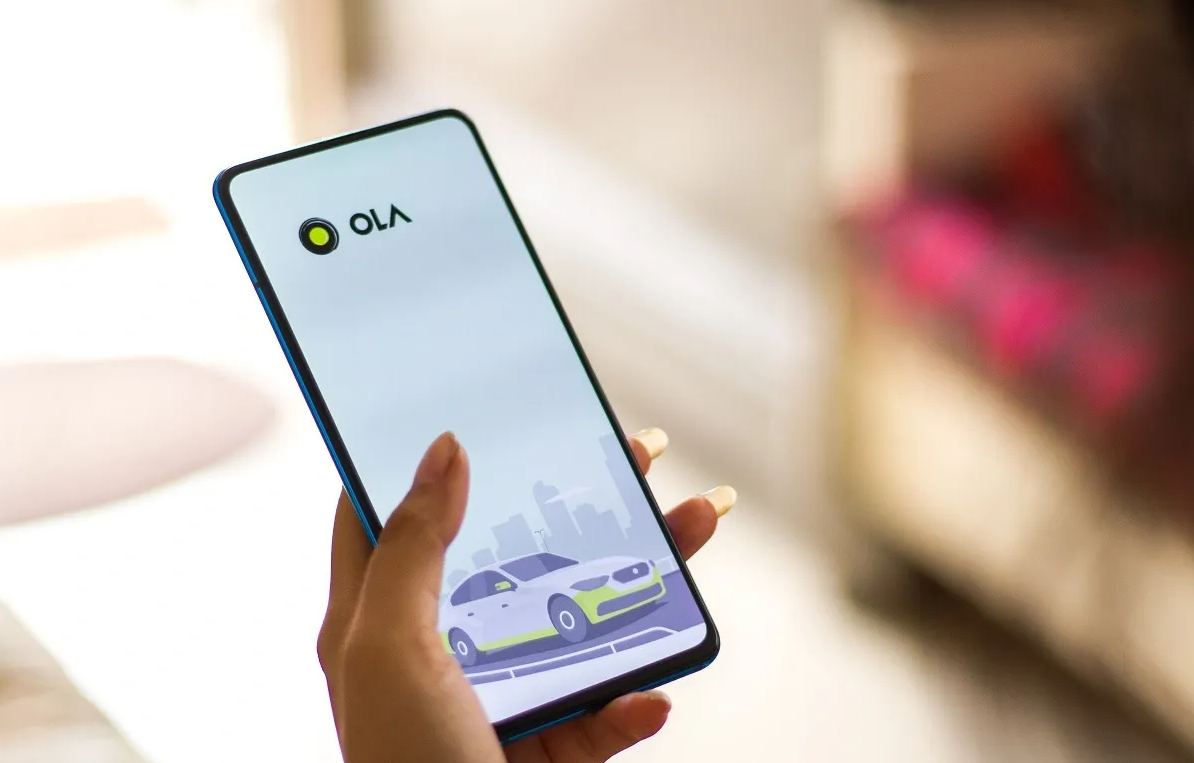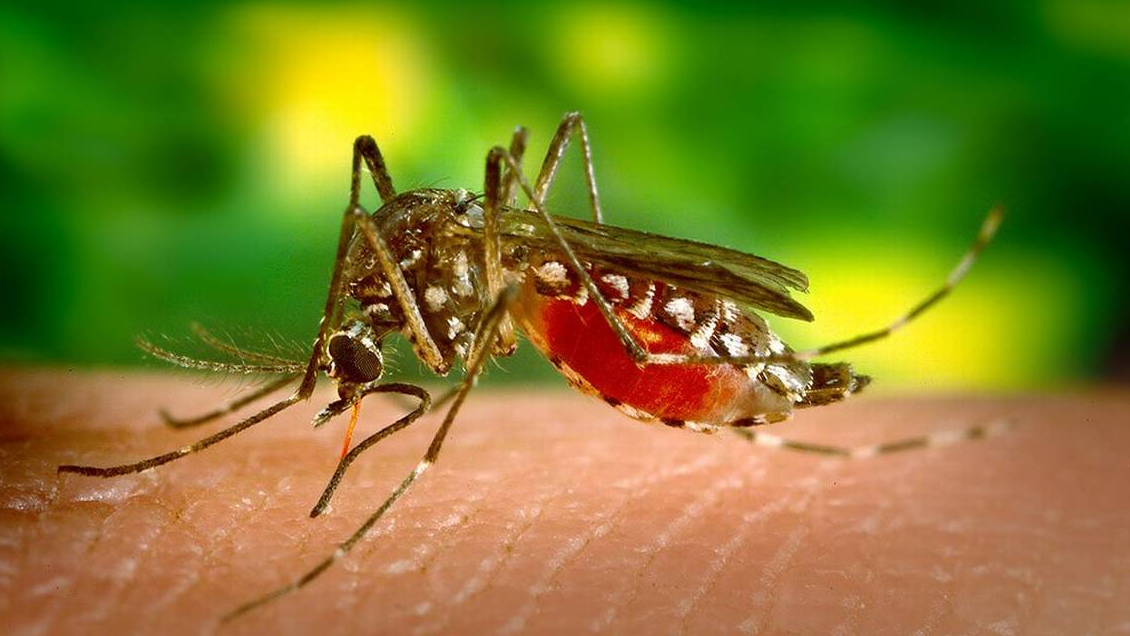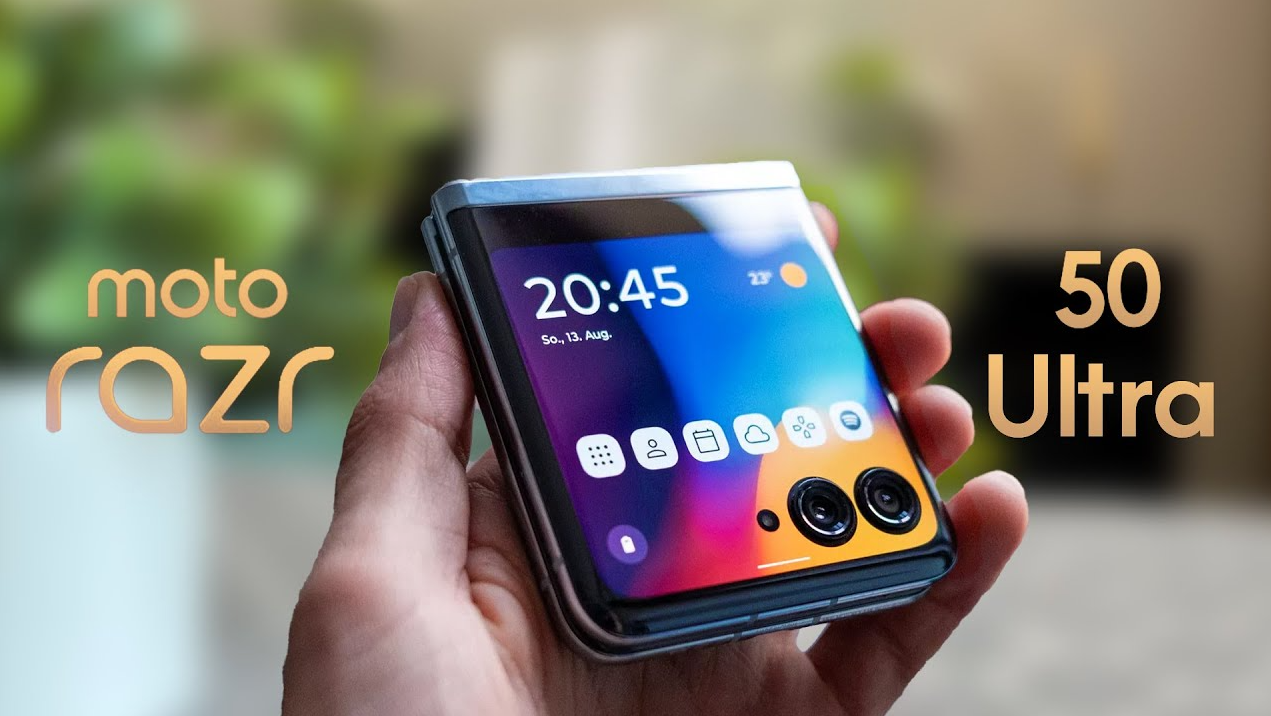In a decisive move to curb the proliferation of obscene and pornographic content, the Indian government has taken stringent action against digital platforms. The Ministry of Information & Broadcasting (I&B) announced the ban on 18 OTT platforms, 19 websites, 10 apps, and 57 social media accounts associated with these platforms.
The Crackdown
The ban comes after extensive monitoring and evaluation of the content hosted by these platforms. Here are the key details:
- OTT Platforms: Eighteen Over-The-Top (OTT) platforms, which streamed content via the internet, have been blocked. These platforms were found to be publishing material that was not only obscene but also vulgar. The decision was made under the provisions of the Information Technology Act, 2000. Among these platforms, one app alone had amassed over 1 crore downloads, while two others had more than 50 lakh downloads on the Google Play Store.
- Websites: Nineteen websites, known for their explicit content, have been taken down. These sites were accessible to the public and were disseminating material that violated decency norms.
- Apps: Ten mobile applications, seven of which were available on the Google Play Store and three on the Apple App Store, have been disabled. These apps were notorious for their portrayal of sexual acts, nudity, and inappropriate themes.
- Social Media Accounts: Fifty-seven social media accounts linked to these platforms have been rendered inaccessible in India. These accounts were actively promoting the banned content and luring audiences to the platforms.
Minister’s Emphasis over OTT Platforms
Union Minister for Information & Broadcasting, Anurag Singh Thakur, has repeatedly emphasized the responsibility of these platforms to uphold decency standards. He stated that creative expression should not be a guise for propagating obscenity and vulgarity. The recent crackdown aligns with the government’s commitment to safeguarding societal values and protecting citizens, especially women and children.
Nature of the Banned Content
The content hosted on these platforms was found to be in violation of several legal provisions:
- Section 67 and 67A of the IT Act: These sections pertain to the transmission of obscene material over electronic communication channels.
- Section 292 of the IPC: This section deals with the distribution of obscene material.
- Section 4 of the Indecent Representation of Women (Prohibition) Act, 1986: This act prohibits the portrayal of women in a demeaning or indecent manner.
The banned content included sexual innuendos, prolonged pornographic scenes devoid of any societal relevance, and inappropriate relationships.
A Strong Message for OTT Platforms
The government’s action sends a strong message to content creators and platforms: artistic freedom must not come at the cost of societal norms and ethics. As India continues its digital transformation, ensuring responsible content dissemination remains a top priority.
Disclaimer: This article is based on official statements and factual information provided by the Ministry of Information & Broadcasting.
References:




